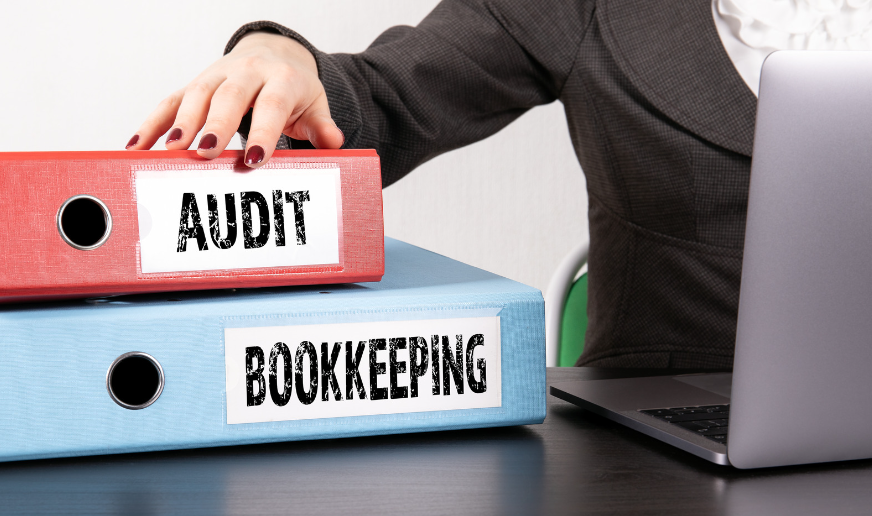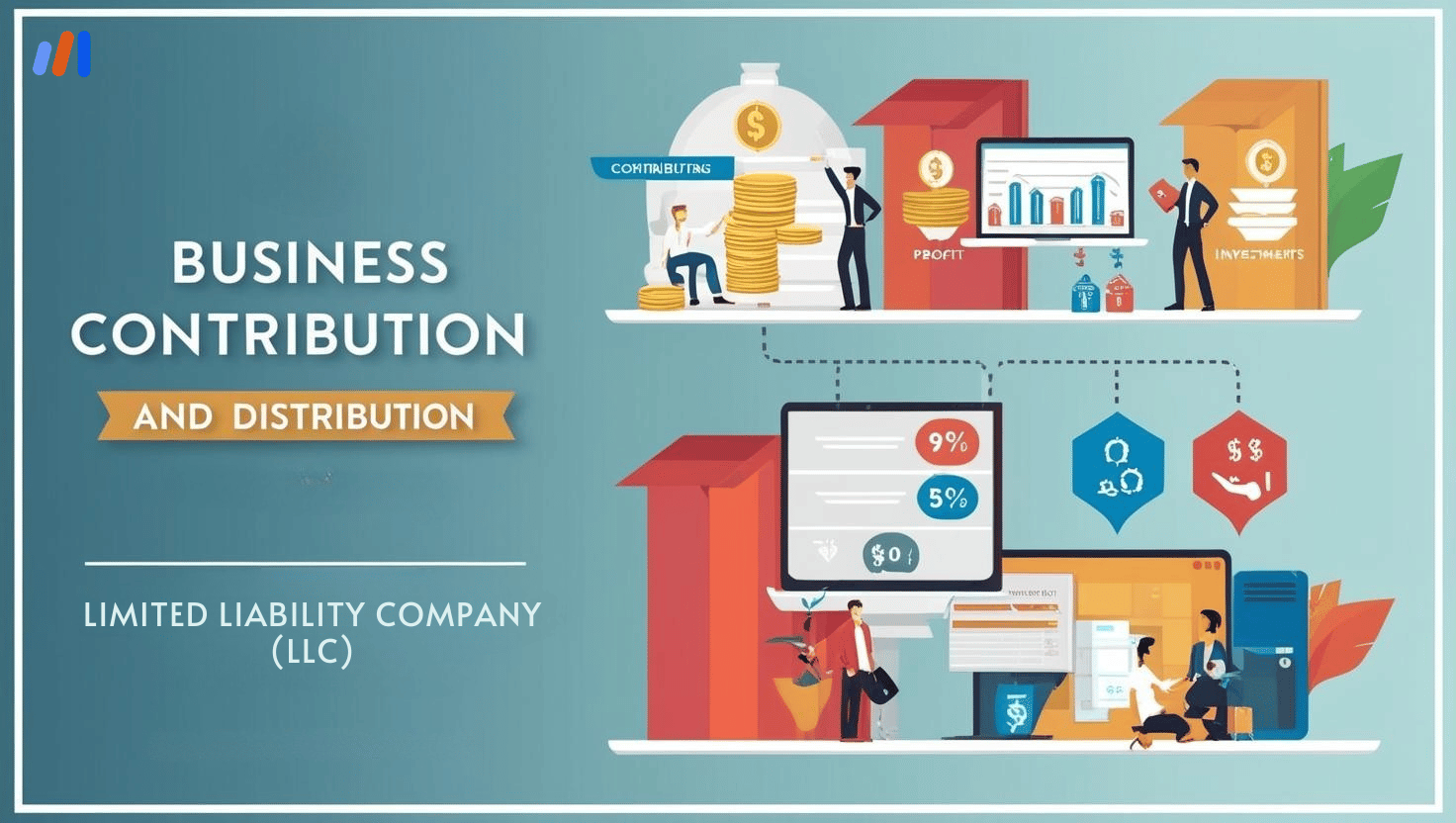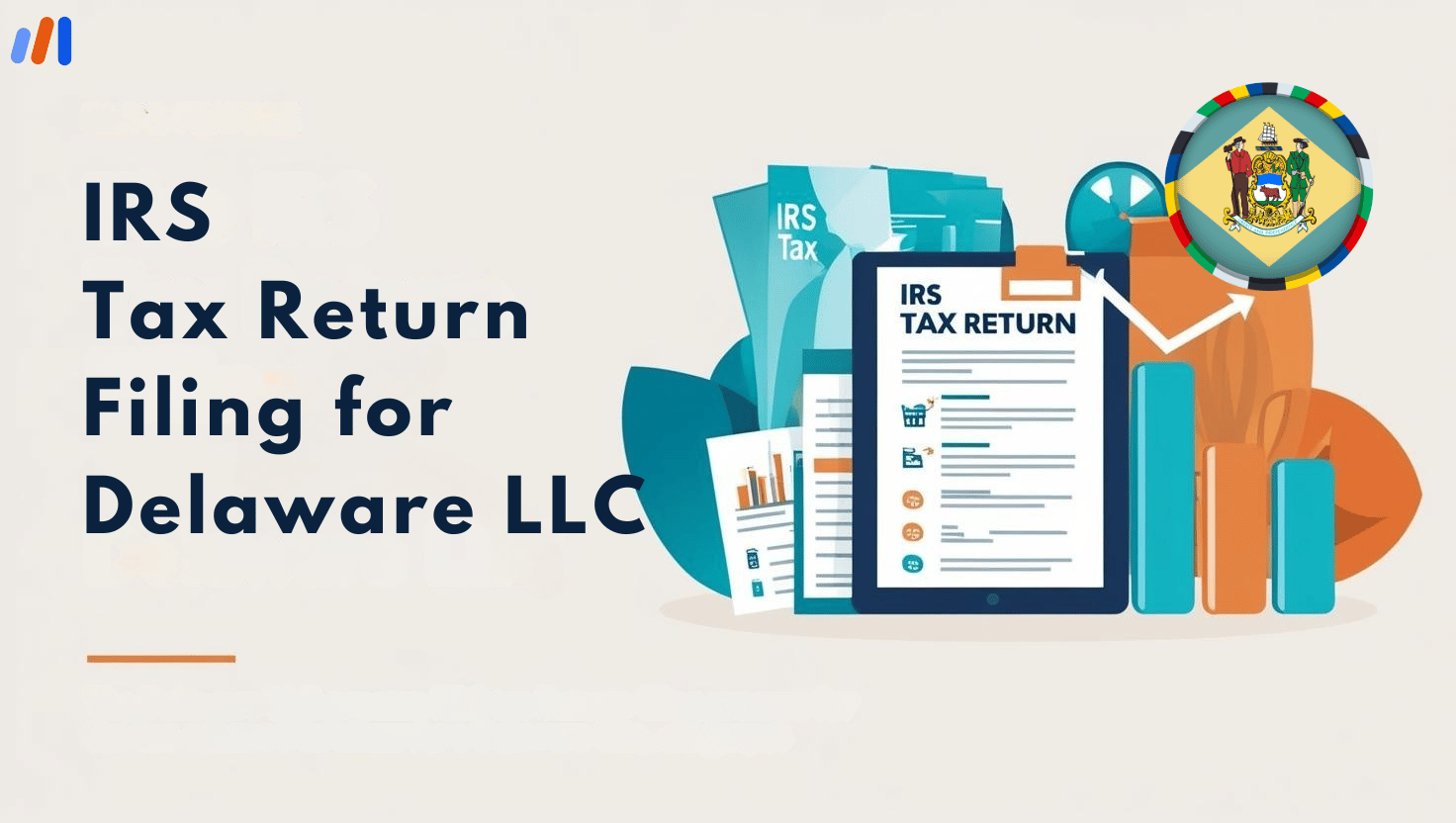In the case of solopreneurs, sometimes, being the principal of all aspects of a business can be both thrilling and very hard, which brings us to financial management in this case. One of the constituents of financial management is bookkeeping; it is not very popular, but without it, a solo business is bound to fail.
Proper bookkeeping doesn’t just keep your desk tidy, it gives you a picture of your wider financial picture and puts you in a position, for when it comes to tax season, to be ready.
In this article, we shall look into the things every solopreneur should know about bookkeeping, how to organize it, and the effective ways of controlling your finances to concentrate on the most important part of your business, its growth.
Why Bookkeeping is Crucial for Solopreneurs
For solopreneurs, bookkeeping is an important aspect that helps them to have a systematic and unambiguous outlook of the financial position of their Business. Here’s the reason why it will help:
Keeps track of Income and Expenses: Bookkeeping is a feature of a solopreneur business that assists them in having the complete financial history of every single transaction and thus helps them in knowing their sales revenue and costs incurred. Such clarity assists solopreneurs in controlling their expenditures and enhancing their revenue.
Gets Ready for Tax Season: For solopreneurs, the tax season is a stressful time when proper records are not maintained. Bookkeeping simplifies tax processes because all financial figures are in one spot, ensuring that no deductions or credits are overlooked during tax submission.
Enables Sound Decisions: With accurate records in place, solopreneurs can plan their budgets better, as they have an idea of their past and current cash flows and can anticipate future cash requirements. Such information is significant in deciding selling prices, amount of investment, and expansion approaches.
Enhances Cash Flow Monitoring: Proper bookkeeping involves the recording of cash flows, their trends, and patterns, making it easier for solopreneurs to forecast cash needs and avoid adverse circumstances. They can be more tactful with their spending after forecasting periods of lesser revenue and help in better cash management.
Improves Image: Maintenance of records fosters organization among solopreneurs and boosts their credibility. It is very important in situations where there is a need to acquire funding for the business or enter into partnerships since transparency of finances and proper organization make stakeholders confident.
Reduces Chances of Legal Issues: Documentation of all transactions enables solopreneurs to adhere to financial laws, which reduces the chances of being audited, or incurring fines or other penalties.
What is Bookkeeping?

Bookkeeping is described by many as the maintenance and checking of account balance and reporting in datelines about individual transactions occurring in the organization. For a solo entrepreneur, it involves supervision over funds opening and closing and meticulous records for every department.
In its simplest terms, bookkeeping is a good organizational practice that maintains the organization of one’s finances. Wise financial decisions are predicated on thorough and meticulous bookkeeping records that provide a comprehensive picture of a business operation in a given period.
Key Terms Every Solopreneur Should Know
Revenue: This is defined as the revenue received in the business or an enterprise from selling services or goods without deducting any costs. Income is sometimes used synonymously with this revenue, and income will always be found in the upper part of the financial statements.
Expenses: These are the revenues lost because of the everyday operation of the organization to make more sales. Things such as rental space, electricity, gas, marketing materials, supplies, etc. Profitability and sales will thoroughly depend on greater expense management to stay within the budget constraints.
Assets: Total net resources that a firm currently owns and has such cash value as inventories stock, and properties. Assets play a significant factor in determining the total worth of an organization and further add revenue.
Liabilities: Because they owe money to creditors, people, or organizations such as lenders, credit card companies, or accounts payable, loans are liabilities. Liabilities are the tangible obligations of cash that a business must ultimately pay off and therefore, the responsibility of managing them always holds immense significance for a business.
Equity: With a loan outstanding, it is the net assets that remain that represent the owner’s stake in the business after liabilities have been taken out of the equation. Equity is the owner equity which is the part of the business that a solopreneur can call his own.
Cash Flow: The term cash flow arises from a simple definable concept of the movement of money, which originates from and returns to any business. Positive cash flow means a business is liquid enough to pay all its expenses, while negative cash flow only means that a company is in awful financial danger.
Accounts Receivable: Money due to the account and payable for goods or services rendered to customers by the business. The expectations of accounts receivable have a fundamental role in the cash flow cycle.
Accounts Payable: Obligations of a business towards its suppliers vendors and creditors. Effective time management and organization of accounts payable keep the business in good standing and avoid unnecessary late fees.
Profit and Loss Statement (P&L): Better known as an income statement, the profit and loss report provides a summary of a business’s revenue, expenses, and profit for a specified time frame. It serves as a visual representation of the company’s performance and its profitability over time.
Balance Sheet: A financial statement that presents the assets, liabilities, and equity of the company at a particular date or period. The balance sheet assists the solopreneurs in determining their viability as a business entity and estimating what the business owns and owes.
Types of Bookkeeping Systems
For solopreneurs, selecting a bookkeeping system would affect their efficiency and precision in undertaking their activities. Let us analyze how manual and automated bookkeeping systems differ, and how best to select which one best fits the needs of your business.
1. Manual Bookkeeping
Manual bookkeeping is the process of writing down business transactions in books ledgers, or spreadsheets. This approach can be quite tedious and is often prone to errors; however, solo entrepreneurs can oversee each record. Aspects of a manual bookkeeping system include:
- Physical Recording: Every transaction is recorded by the solopreneurs directly, making it a practical method that allows a person to understand what’s behind the figures.
- Low Set-Up Costs: Other than purchasing ledger books or a spreadsheet program, manual bookkeeping is quite simple and comes at no extra cost.
- Time-Wasting: While it can be cheaper, manual bookkeeping can be very time-consuming though with less cost, especially if the transaction volume is high.
- Higher Risk of Error: The likelihood of mistakes without automated calculations is high, and such blunders can result in discrepancies in places of accounting.
2. Digital Bookkeeping

Software or internet platforms allow the recording and managing of financial transactions in digital bookkeeping. This method is quick and efficient for solopreneurs who have a lot on their plate. Some of the critical benefits of digital bookkeeping are:
- Automatic and user-friendly features: Most digital applications reduce errors as they automate tasks such as expense categorization, report generation, and total calculation.
- Online booking system: Digital cloud-based expense tracking allows users to access their accounts from anywhere and at any time, enabling them to monitor their finances irrespective of their movements.
- Convenience: Most of the time, digital options have integrations with banking apps, tax software, invoicing, and others, making it a time-saving experience.
- Prevention of data loss: Digital systems have a built-in encryption system and automatic regular backup, which helps minimize the risk of data loss due to forceful accidents or device breakdown.
- Cost Consideration: While digital tools have a lot of advantages, it is important to note that there may be an upfront or periodic subscription fee, even though they can be cheap in the long run.
Choosing the Right Bookkeeping Method for Your Business
So, how do you establish which bookkeeping method is most appropriate? You can begin by asking yourself the following questions:
Volume of Transactions: If you are operating a small type of business, it may be possible to employ manual bookkeeping. However, if the number of transactions increases substantially, it is prudent to adopt digital bookkeeping, which will assist in minimizing the time and effort spent.
Cost: Manual accounting and bookkeeping methods do not require a large capital investment to begin. Although, you may find services that offer digital bookkeeping to be comparatively better in terms of cost in the long term, due to time savings and better advantages.
Familiarity with Technology: There’s a far quicker way to do it; you can do it electronically as long as you are willing to use software or learn new digital applications. But if understanding technology is not something you are good at, then manual bookkeeping will seem like a better option in terms of being easy to implement.
Future Scalability: Assess if your business is going to be more complicated in the future. Digital bookkeeping tends to be more scalable in the sense that it grows with your business, unlike manual bookkeeping which tends to be more tedious.
At the end of the day, solopreneurs are the most of a system that is efficient, and accurate, and meet the present and future demands of their business. For many, the solution consists of a hybrid system, many digital tools to carry out the intricate details, and many manual tools to manage the simpler details.
7 Simple Steps to Efficient Bookkeeping as a Solopreneur
Step 1: Organize Your Financial Documents
The very first step to effective bookkeeping is the need to stay organized with your financial documents. This includes receipts, invoices, tax forms, card and bank statements, and many transaction records also have that in their heads.
Keeping deposits and statements in physically and digitally organized folders helps in easy access and retrieval of documents as they are arranged in order of type and date. You may also want to turn to cloud technologies like Google Drive, Dropbox, or many business software packages that contain document storage to solve this issue.
It is worth noting that an efficient filing system can minimize the chances of relevant documents being left out or misplaced and can make matters during tax season much easier. It is not uncommon for some solopreneurs to find scanning paper documents useful for their clients.
Step 2: Set Up a Bookkeeping System
After this, your documents must be arranged in a certain way so that you can then set up a bookkeeping system for general use in the organization. For minor operations, keeping a ledger might be a good choice, while advanced features such as QuickBooks, Xero, or FreshBooks accounting solutions can be considered for more complex companies.
Cloud technologies allow automatic backup as well as instant updates on all devices and are preferred by some solo entrepreneurs. This is because every system has its advantages and so a business should choose a system depending on its complexity or size, its budget, and whether it wishes to do the bookkeeping internally or hire someone externally.
It is a good idea to create categories that correspond to your revenue sources and expense types to make it easier to report and budget income and expenses.
Step 3: Track Your Income and Expenses
Monitoring income and expenditures is one of the most important aspects of cash flow management, as well as for assessing the organization’s financial status in general. To the income side, make sure to record every sale, every client payment, and every additional source of income and revenue.
Then for the expense side, include every expenditure made, including office expenses, service fee payments, subscriptions, etc. Proper categorization of transactions is essential as it will save time when searching for business expenses to write off when filing taxes.
Most accounting applications can connect to your bank accounts so there is no hassle moving forward when it comes to importing transactions. When this is taken care of, there is no need to worry about a shock at the end of the year, plus you always know how much money is available at any given time.
Step 4: Reconcile Your Bank Statements
Bank reconciliation is defined as the matching process of your recorded transactions with bank statements. If there is a need to do such reconciliations, then this should be performed at least one time per month.
Reconciling will enable you to identify which transactions may be missing expenses, missing entries, or even whether certain bank charges are applicable. As soon as things are noticed out of order, whether these are errors or any other issues, it is best to resolve such discrepancies immediately to allow for accurate tracking of the books.
Not performing reconciliations regularly can result in an incorrect picture of the financials of the practice which may lead to cash flow issues or errors in the tax submissions. A large number of bookkeeping apps come with automated reconciliation functions whereby one can reconcile accounts simply by connecting the software to bank accounts.
Step 5: Prepare for Taxes

Solopreneurs must prepare for taxes throughout the year as it is a daunting task. Reserving 15-30% of your revenue would be reasonable for income and self-employment taxes. Opening a separate savings account can be beneficial in storing tax money.
You must check tax regulations about the structures of two or more, as certain deductions and tax credits may score points. Depending on your situation, you may also have to submit estimated quarterly payments to avoid underpayment penalties.
Leaning towards keeping tax-deductible receipts, recording mileage, noting meals and travel for business, etc can reduce your tax liability. Do get guidance from a tax professional to confirm compliance and maximize benefits.
Step 6: Review Financial Statements Regularly
Financial statements are the foundation for understanding your business’s performance and making more lucrative decisions. The main financial statements comprise the income statement (profit and loss statement), balance sheet, and cash flow statement.
This is what you can strive for but it is very important to look at such reports either monthly or quarterly. In such a manner, it will allow for identification of the period that has the most revenue or the least and the best and worst performing months, and also help manage the costs. In addition, it will assist in setting achievable targets, planning where to pour resources in the future, and filling cash flow voids.
Also, profit margin, customer acquisition cost, and net earnings can assist in spotting areas to cut costs or generate more revenues.
Step 7: Seek Professional Help if Needed
Many solopreneurs do accounting for their businesses by themselves in the beginning but at some stage, this becomes a drain, and help is welcomed. Hiring a professional bookkeeper or accountant is often a good idea to keep your books in order and your taxes filed correctly as you scale your business.
They can provide guidance on different tax forms, help with quarterly activities, or even things like depreciation, tax deductions, and long-term planning. Furthermore, many of them make their living assisting small businesses and will give you only what you need for a reasonable price.
Professional help can allow you to concentrate on the main activities of your business more easily, knowing that your finances are securely managed by professionals.
Easyfiling Makes Bookkeeping Easier for Solo Entrepreneurs
EasyFiling makes the bookkeeping part of the business easier for solopreneurs by providing automated assistance in managing documents, monitoring income and expenses, and handling taxes.
Thanks to the easy normalization of your records with banks, made-to-order reports, and connections to other business systems, it ensures that your accounts are always tidy and timely.
As your business expands, EasyFiling presents swathes of options and the safety to grow while upkeeping business affairs that matter the most.
Book a free consultant for free LLC Bookkeeping for Solopreneurs and use the coupon code BEASY10 to incorporate a 10% discount.
File Your LLC Today
25$ off with a coupon
Lock in EasyFiling's transparent rates and get lifetime compliance support at no extra cost.
Get Started Now







